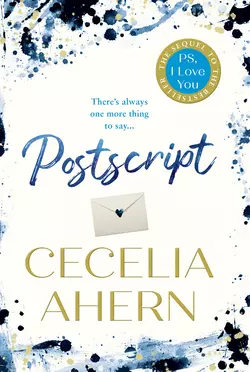Cecelia Ahern Untitled Novel 1

Cecelia Ahern
Тип: электронная книга
Жанр: Современные любовные романы
Язык: на английском языке
Стоимость: 1712.19 ₽
Статус: В продаже
Издательство: HarperCollins
Дата публикации: 16.04.2024
Отзывы: Пока нет Добавить отзыв
О книге: Cecelia Ahern Untitled Novel 1, электронная книга автора Cecelia Ahern на английском языке, в жанре современные любовные романы